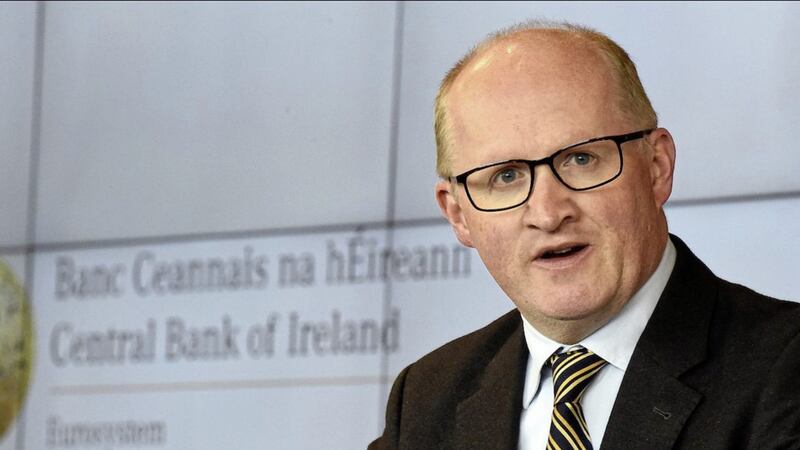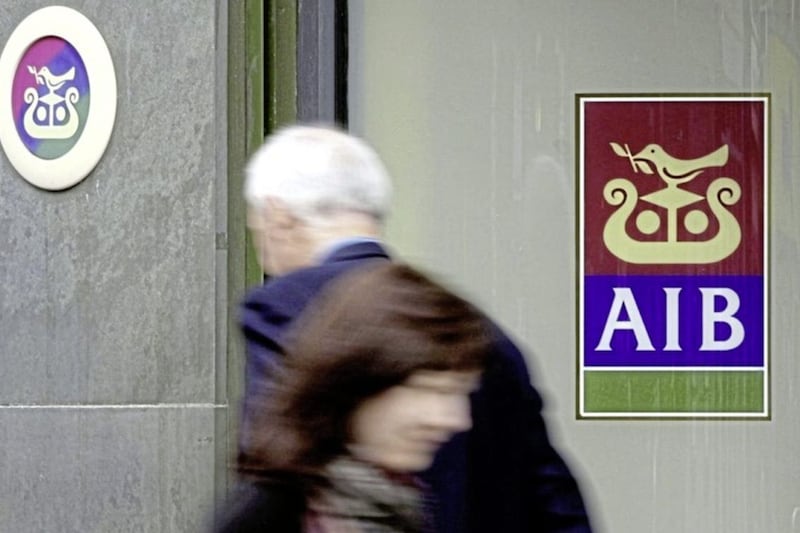A hard Brexit will lead to a disruptive environment for British businesses, the Central Bank of Ireland has warned.
It also said that the uncertainty surrounding the transition deal and final outcome of Brexit has had a "chilling effect" on investment in the UK.
Central Bank chief Philip Lane said backing the draft withdrawal agreement would provide guidance to firms.
Speaking to the Institute of Bankers in Dublin on Thursday, Mr Lane laid bare the impact of a no-deal Brexit.
"In one direction, the ratification of the withdrawal agreement would provide some guidance to firms as to the general trajectory of the future UK-EU27 relationship, even if much will remain uncertain until the negotiations about the post-transition environment are concluded," he said.
"It follows that the passing of the withdrawal agreement could unlock business investment in the UK through a reduction in uncertainty.
"In the other direction, a hard Brexit would constitute a much more disruptive environment, in view of the lack of clarity about the future UK-EU27 relationship under a hard Brexit and the absence of a road map as to how this future relationship will be negotiated."
Mr Lane said that even if a long-term customs agreement is negotiated between the UK and the EU, it will lead to "trade frictions" such as regulatory checks on goods going between Britain and the EU.
"Furthermore, while the common travel area between Ireland and the UK will be preserved, restrictions on the free movement of people between the UK and the EU27 will disrupt the operation of labour markets, given the high levels of two-way mobility that have developed over the last 40 years," he added.
"Beyond the implications for individual citizens, restricted labour mobility will also affect the dynamics of different industries in the coming years."
He added that a productivity boost from specialised talent pools in specific locations will be "undercut" by restrictions on labour mobility.
"While some of these costs will only kick in after the transition phase concludes, forward-looking firms, households and investors have already responded in various ways since the referendum.
"One major adjustment mechanism has been the significant weakening of sterling against the euro, which constitutes a terms of trade decline for UK residents.
"It is also estimated that UK firms have already started to pull back from EU-orientated export strategies, in anticipation of future trade barriers."








